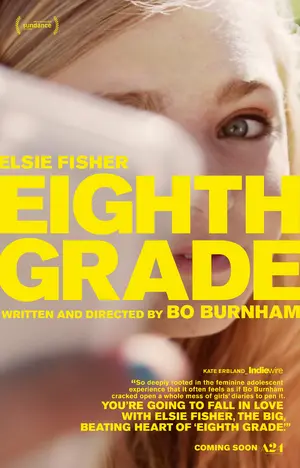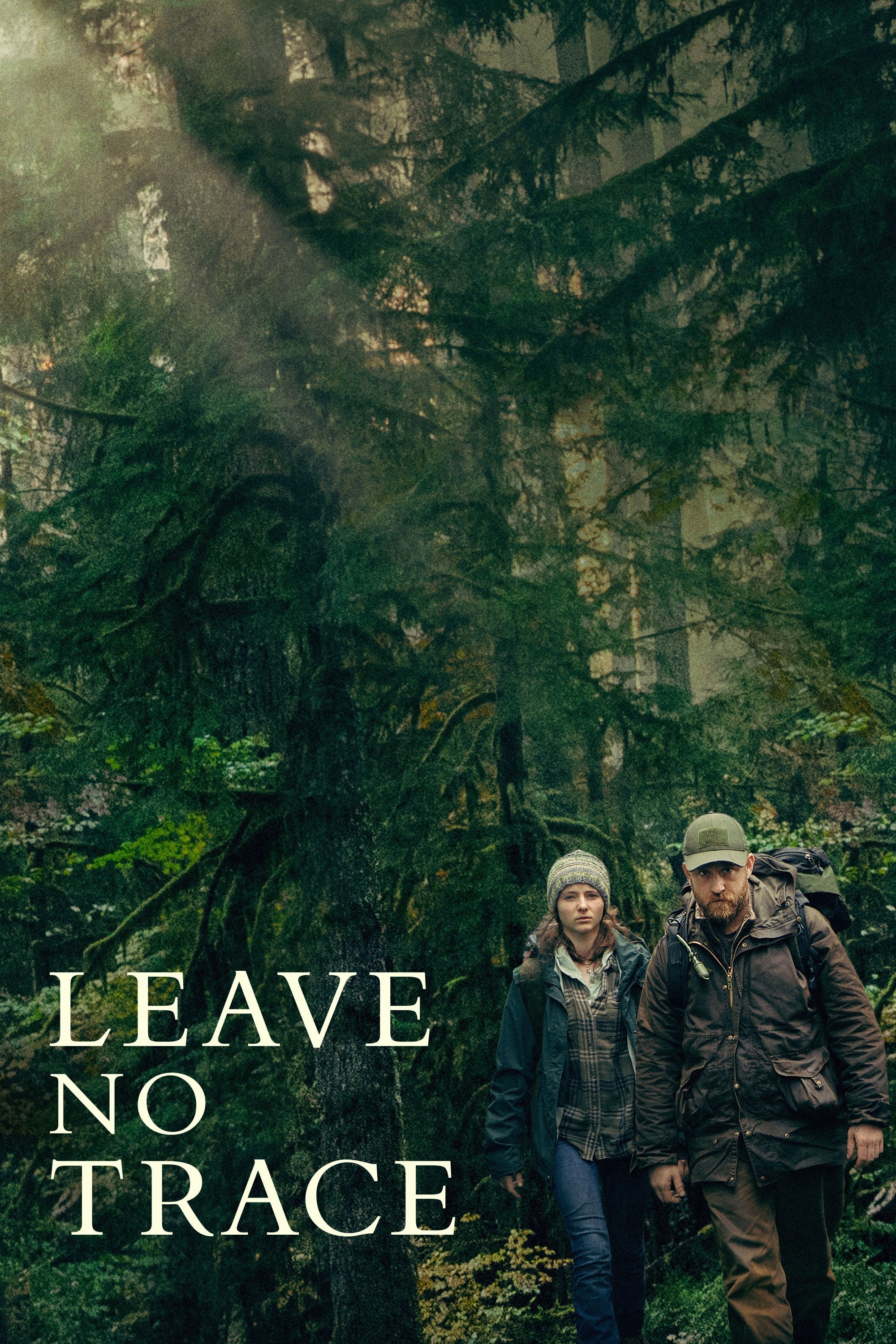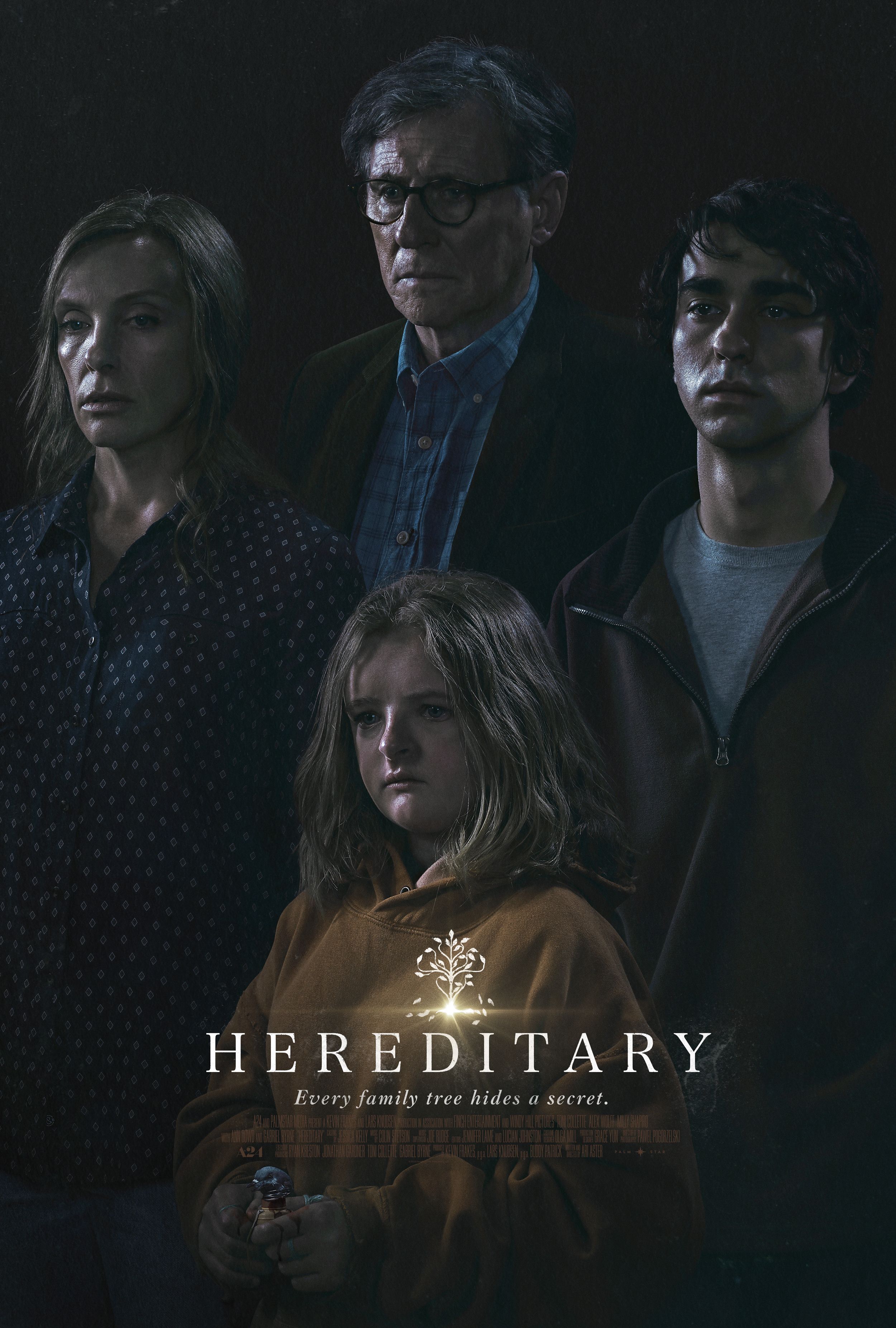
The experience of watching "Roma", the latest masterwork from Mexican filmmaker Alfonso Cuaron is hard to fully express in words. Transcending mere entertainment, it's a film that you experience, as if living vicariously through its characters. Inspired by his own childhood, Cuaron's deep personal connection shines through in this astonishing drama which he directed, wrote, shot and edited.
Taking place throughout the course of one pivotal year in the early 1970s, "Roma" follows a middle class family in Mexico city, from the perspective of their live-in maid Cleo (played by Yalitza Aparacio). They live a quiet, normal life, with Cleo acting as a second mother to the four young children. But things are about to change for them all, as personal and social upheaval threatens to divide them forever.
Indeed, relationships are at the heart of "Roma" and the source of much of its emotional power. While the narrative takes an understated "slice-of-life" approach, there are some unforgettable scenes of loss, heartbreak and joy littered throughout. As we witness this world through the eyes of Cleo, Yalitza Aparacio provides a lovely cipher for the audience. Cleo's experiences are deeply felt, alongside those of Sofia, the head of the household played by Marina de Tavira. Together, the pair examine the challenges of being a women in 1970s, showing that despite their disparate social standing, their plight is more similar than not.
While Cuaron deserves kudos - and an Oscar nod for Best Original Screenplay - for his touching, female-centric storyline, it's the film's impeccable formalist qualities which will have you talking. Indeed, Cuaron's sophisticated black-and-white cinematography is a feast for the eyes, utilizing slow pans and wide shots which make even the smallest rooms seem as vast as the outdoor landscapes. And his mise-en-scene has never been better, crafting a plethora of memorable images which will surely garner the Academy's attention in the voting for Best Cinematography and Best Production Design. Though the technical bravado sometimes veers into over-indulgence, the awe-inspiring visuals and immersive sound design - worthy of consideration for Best Sound Mixing - are cinematic world-building of the highest order. "Roma" is a film to get lost in.
So while I personally preferred other films in 2018, I can't deny that "Roma" is an outstanding work of art. Any Best Foreign Language Film or Best Director recognition would be fully deserved. Furthermore, if it goes on to win the Oscar for Best Picture, I certainly wouldn't complain.







.png/220px-Vice_(2018_film_poster).png)





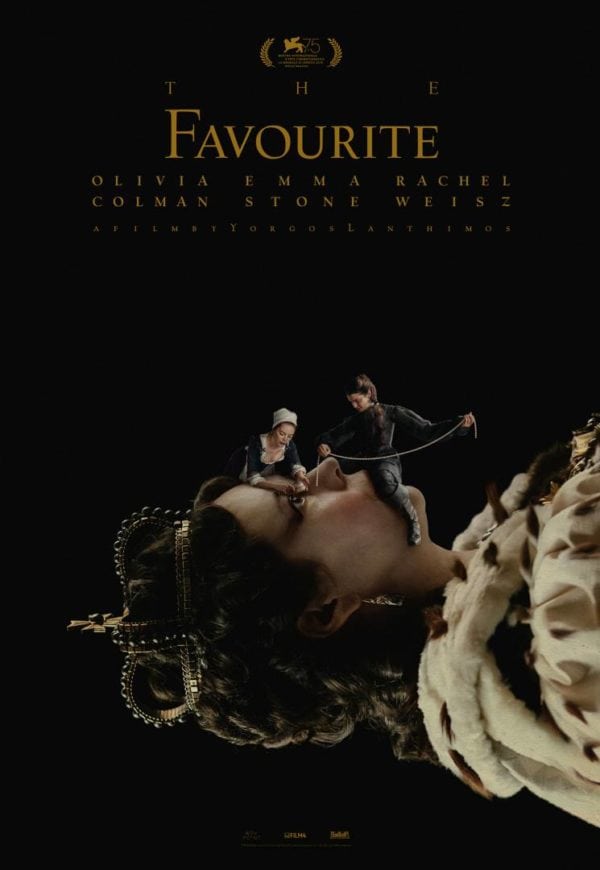
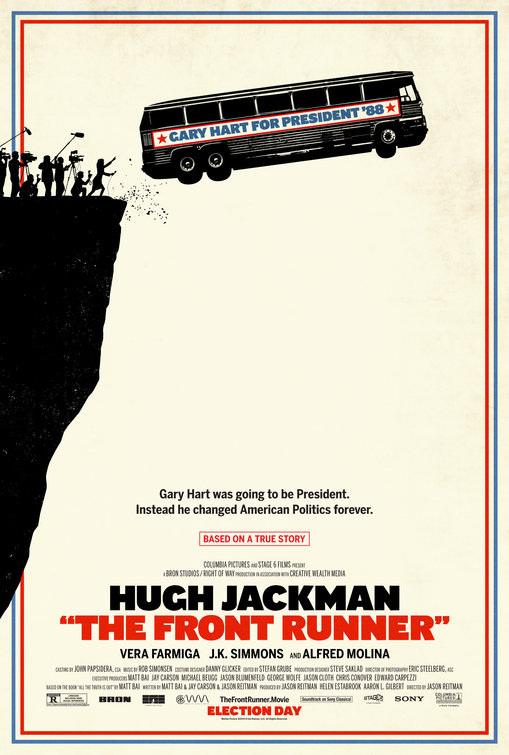


.png/220px-First_Man_(film).png)


.jpg)





